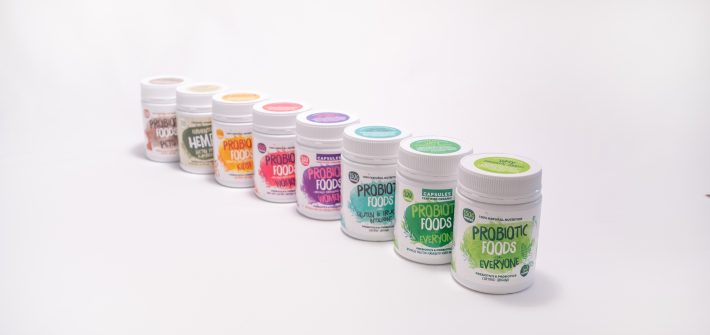PLEASE NOTE: We do ship internationally if you would like to order from outside Australia please email us your order and we will send you payment details and options.

| Let’s talk about Enzymes…
Enzymes are our life force – without them we would die. Enzymes are such powerful substances; they are responsible for initiating every action in the body, including blinking & breathing. Enzymes are also responsible for helping us digest our food & removing old & diseased tissues from the body. When our enzyme stores are low, diseased tissues & cells can remain inside the body.
Most diets these days are enzyme-depleted and therefore most people are enzyme-depleted. This means our bodies often can’t detox as they should be able to – and it leads to diseased people with health problems. So to help detox we need to boost our daily intake of enzymes. This helps our bodies engage in ongoing detoxification to remove the old, diseased cells & tissue.
Eating plenty of nature’s raw organic foods is one way to boost your enzymes as well as using Certified Organic Probiotic Foods. Heating and processing food may destroy the enzymes that are present in nature’s foods naturally. Eating plenty of nature’s raw organic foods also helps us because if those foods are grown without chemicals, they don’t add to our toxic burden – as do processed, pesticide-laced and cooked foods.
We’re proud to be a creator of a range of Certified Organic Probiotic Foods ? |
|
Is organic better for you?
With more than 60% of Australians shopping organic foods on occasion, it’s a rising trend that consumers are demanding more. The benefits can be enormous, as the practice of organic farming is not only better for you but for the environment and community.
- Benefits to you—research indicates organic food does have up to 25% increased nutritional value. Following an organic diet for just 6 days can reduce the level of toxins in your body by 60%, with some toxin levels falling as much as 95%.*
- Environmental benefits—working within the bounds of the natural sequences of the environment, organic farming must account for land restoration, re-vegetation and supporting natural systems, where waste does not exist, but revolves through the system to complete the cycle.
- Community benefits—organic practices create a circular economy to assist building a cleaner and greater sustainable environment for the future generations.
|
|